Migration
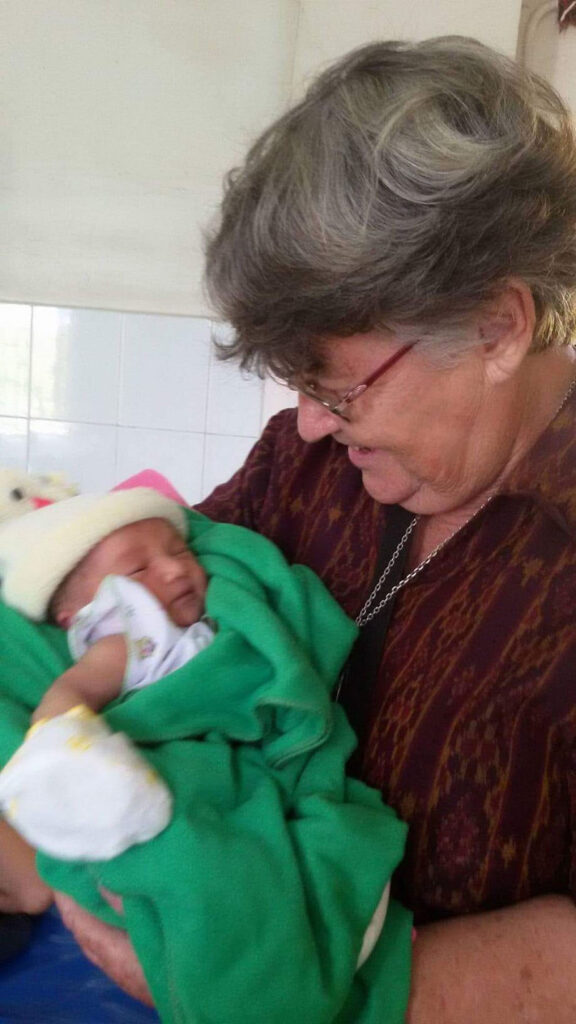
JRS Cambodia urges action for documentation, protection for refugees, migrant workers and stateless people
On World Refugee Day, June 20, Jesuit Refugee Service (JRS) Cambodia has issued a statement echoing Pope Francis’ appeal for a shared response to the...read more
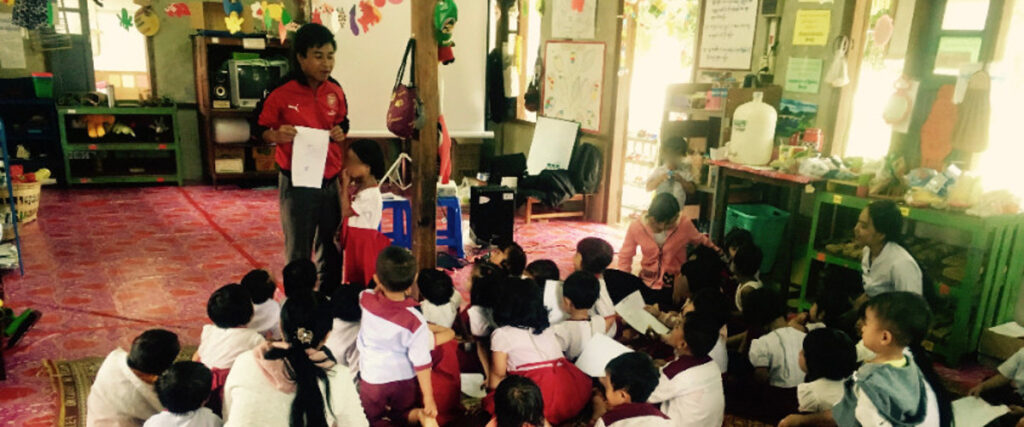
Education for peace
Students in community schools and internally displaced persons (IDPs) in refugee camps in Myanmar are learning about peace building through workshops run by the Jesuit...read more
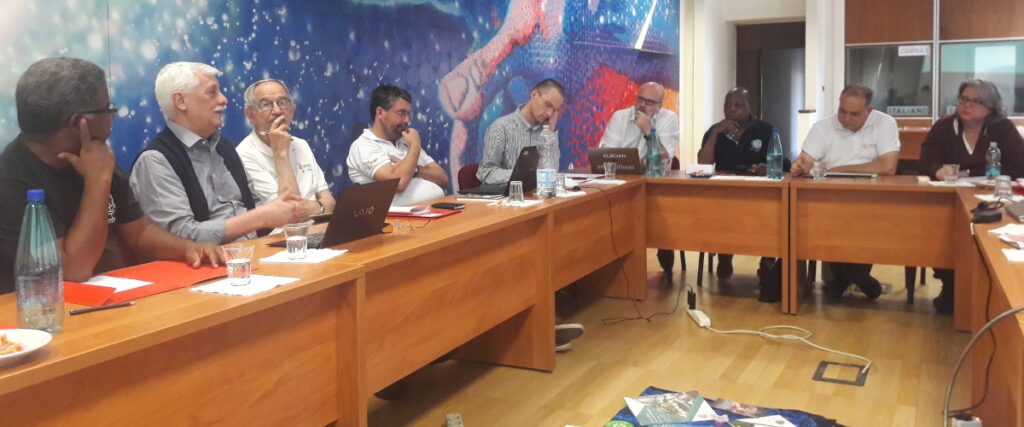
Fr General urges social apostolate to have a holy anger to bring about changes
This year’s annual meeting of the social apostolate coordinators in Rome was special. This time the coordinators were joined by the leaders of the Global...read more
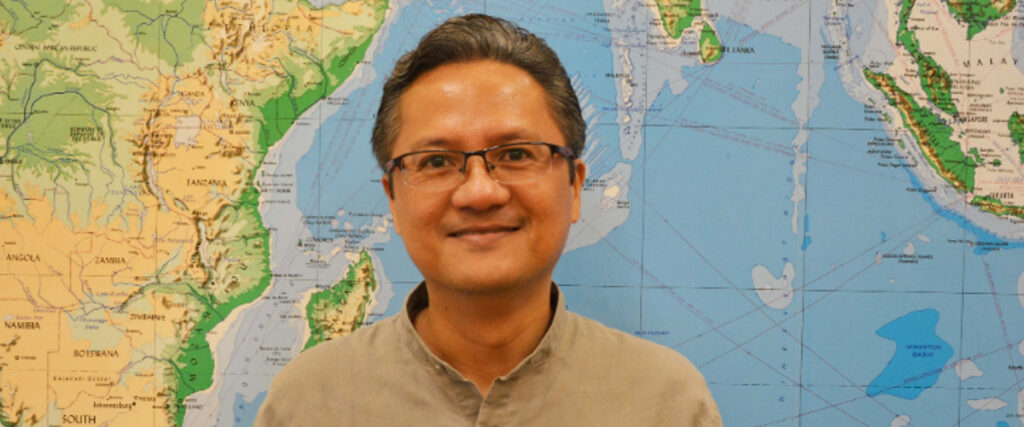
New director for JRS Asia Pacific
Jesuit Refugee Service (JRS) has appointed Louie Bacomo as the next Regional Director of JRS Asia Pacific. Bacomo will assume the role on June 1,...read more
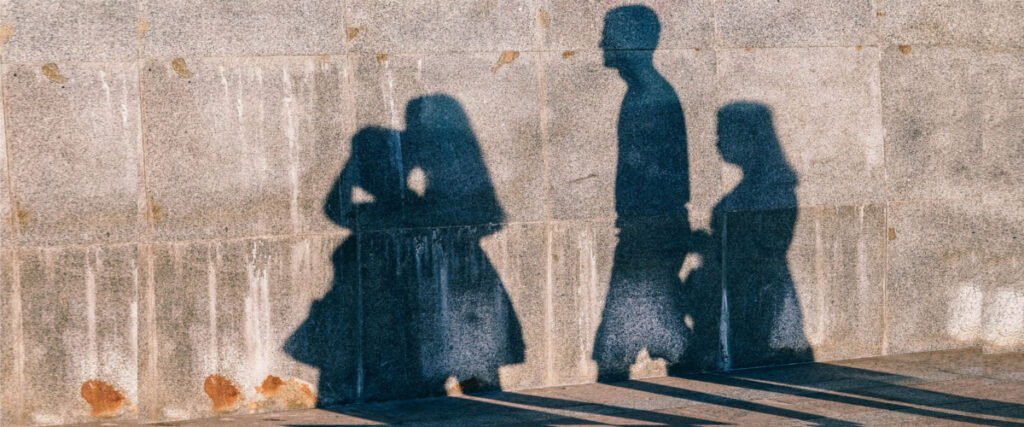
Chronicling the struggles of migrant workers to adapt
The Jesuit Conference of Asia Pacific (JCAP) Migration Network has published a second book. “Settling down: the struggles of migrant workers to adapt” brings together...read more
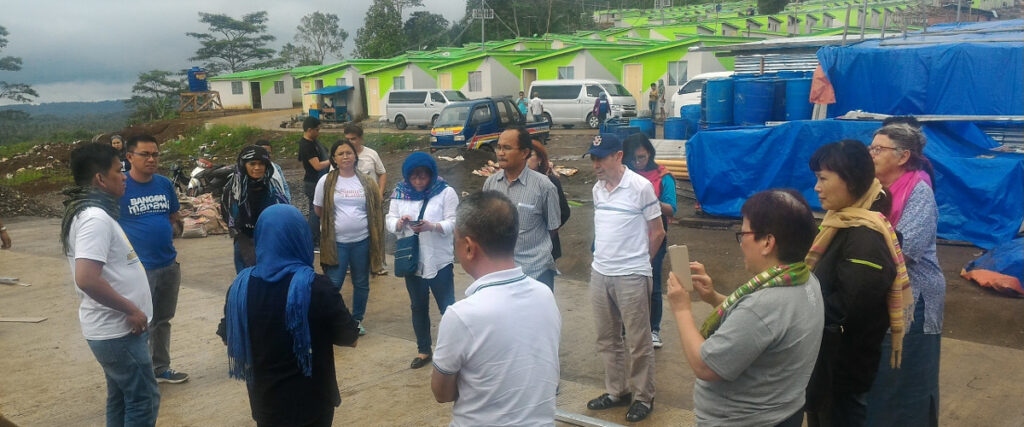
Renewing commitment to justice for migrants and refugees
It was a time of sharing but also an experience of a very real migration issue in the Philippines. As part of their annual meeting,...read more
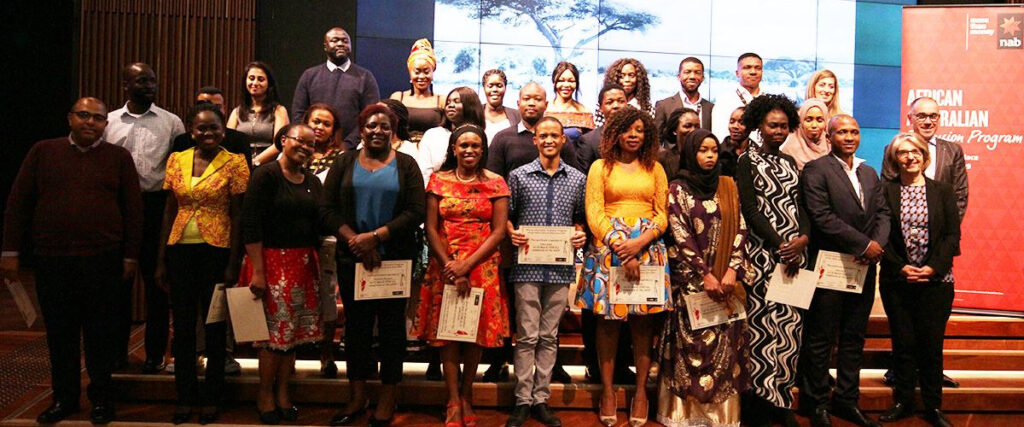
Backing greater career opportunities for African Australians
For many African immigrants to Australia, the path down under is extremely difficult, and when they arrive, they face new challenges including the lack of...read more
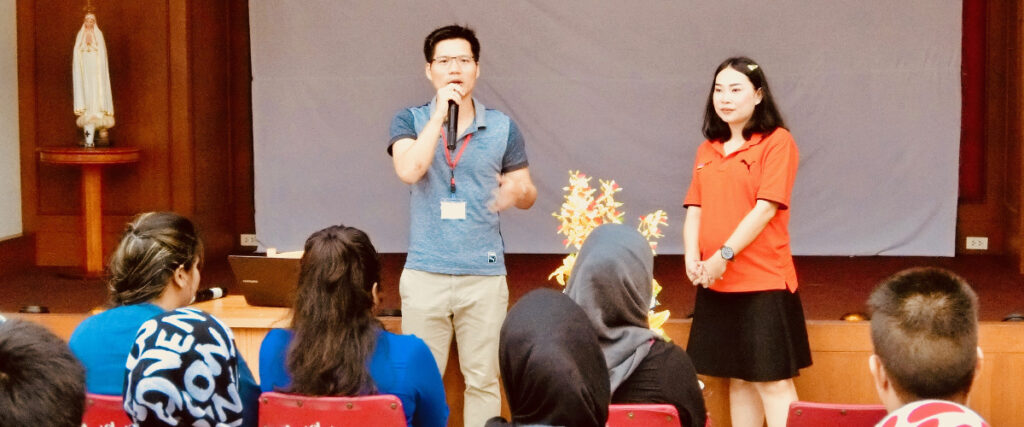
Education for urban refugees in Bangkok
They are coming from Afghanistan, Pakistan, Vietnam, Somalia, Ethiopia, Cambodia, Sri Lanka and even Iraq. Some of them are children and some were still children...read more
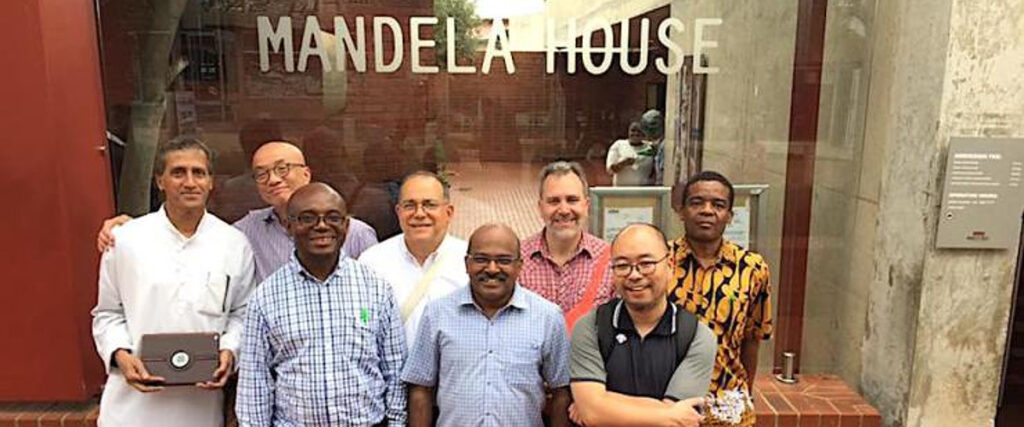
Rethinking hospitality in the age of migration
Fr Min Kim SJ, Jesuit Conference of Asia Pacific Coordinator for the Migration network, shares his realisations and the apostolic responses of Jesuit conferences around...read more
